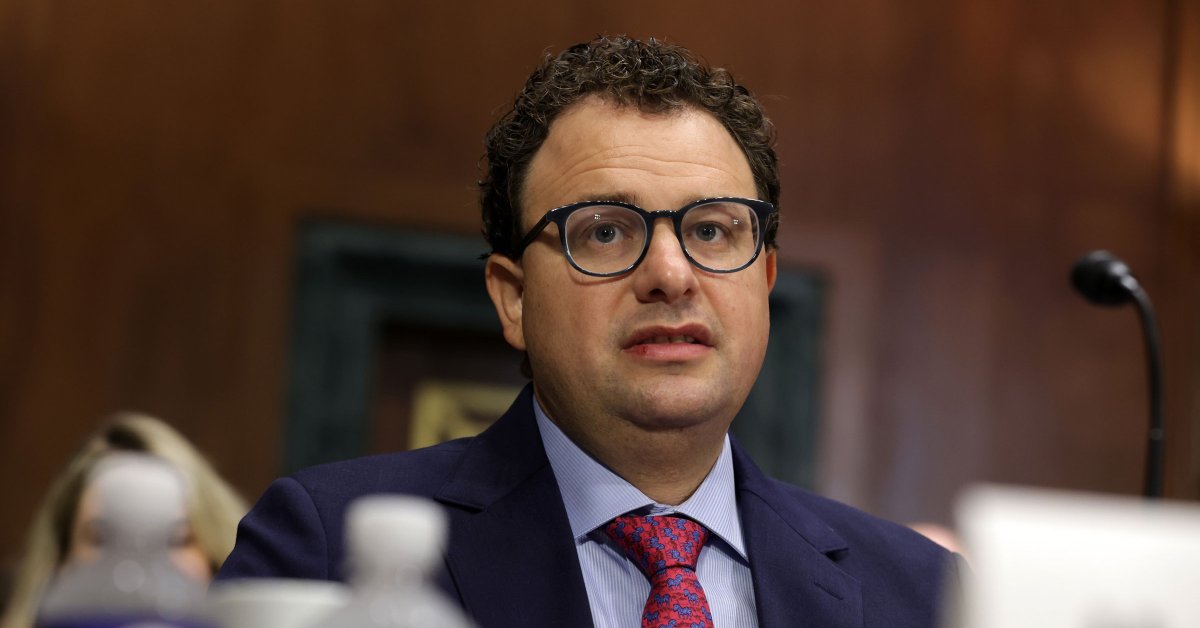Last Thanksgiving, Brian Israel, the general counsel at the AI lab Anthropic, found himself being repeatedly asked the same question by investors and clients: could the same situation that unfolded at their competitor OpenAI happen at Anthropic? Just two miles south of Anthropic’s headquarters in San Francisco, OpenAI seemed to be imploding as its board fired CEO Sam Altman, leading to concerns about the startup’s valuation and future prospects. Altman was later reinstated after pressure from investors, venture capitalists, and OpenAI’s staff, signaling a shift towards more traditional corporate governance in the AI industry.
OpenAI’s unique corporate structure, designed by Altman himself, allowed its directors to prioritize research and development over profit-making, a structure that was questioned when Altman was fired. This incident raised concerns about the potential for similar events at other AI labs with unconventional corporate structures, such as Anthropic. Despite having a similar structure to OpenAI, Israel reassured stakeholders that the same situation could not occur at Anthropic, emphasizing the company’s commitment to safety and ethical development of AI technology.
Anthropic, like OpenAI, is a top AI lab with an unorthodox corporate structure aimed at prioritizing safety and ethical considerations in AI development. However, the company’s approach differs from that of OpenAI, with a focus on building powerful AI without compromising on safety or ethical standards. Israel’s response to inquiries on Thanksgiving underscored Anthropic’s commitment to maintaining a corporate culture that prioritizes safety and responsible AI development, distinguishing it from the recent events at OpenAI.
The incident at OpenAI highlighted the challenges and complexities of balancing research and development in AI with traditional corporate governance structures. As the AI industry continues to grow and evolve, companies like Anthropic are navigating the delicate balance between innovation and accountability, ensuring that advancements in AI technology are made responsibly and ethically. Israel’s reassurances to investors and clients reflect the company’s dedication to maintaining a culture of safety and responsibility in the development of AI technologies.
Overall, the events at OpenAI served as a cautionary tale for the AI industry, prompting companies like Anthropic to reflect on their corporate structures and governance practices. While the incident raised concerns about the potential for similar issues at other AI labs, Israel’s response highlighted Anthropic’s commitment to safety and ethical development, reassuring stakeholders about the company’s approach to AI innovation. As the industry continues to grapple with these challenges, companies like Anthropic are leading the way in prioritizing safety and responsibility in the development of AI technologies.









